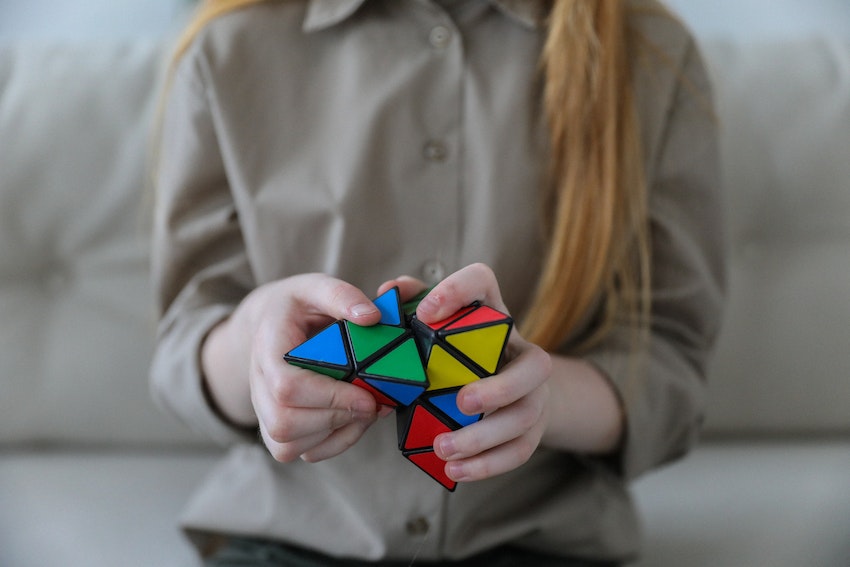While some may view having a brain as a blessing, others see it as a curse that leads to overthinking, unhappiness, and poor learned behaviors. Philosophy about consciousness and self-awareness aside, everyone has a brain, and everyone needs to keep it in good shape to sustain addiction recovery.
What’s most important to remember: A healthy brain keeps people sane, especially when tackling substance abuse issues.
F for Focus, Not for Failing
It may seem counterintuitive, but the brain works hardest when it seems like it’s not working at all.
This curious organ divides into several networks, one of which is called the unfocus network. The name refers exactly to what it does: disconnect.
Using massive amounts of bodily energy, the unfocus network seems to do all its work when people are at rest. Unconsciously, the unfocus network is responsible for the following:
- Retrieving memories, face, names, and facts
- Connecting ideas logically
- Creativity and artistry
- Interpersonal understanding and communication
- Self awareness
In the context of recovery, all of these points make a difference. However, the last three probably apply most to a successful journey toward sobriety. Creativity and forgiveness play a supportive role in the lives of recovering individuals, while self-awareness helps them detect possible relapse triggers and problematic situations that jeopardize substance-free success.
How can the unfocus network be activated and nurtured? The following tips will ensure that the brain gets the best chance to relax and kick substance issues for good:
- Nap time
Snoozing for 10–20-minute intervals a day actually helps the brain to reset and rejuvenate itself. But: keep it short. Naps that go over half an hour tend to leave people groggy for hours afterward. - Daydream
With a purpose, of course. If a person envisions themselves in a positive or exciting situation and soon returns to another activity–like walking back into the house or settling back into a book–it actually engages the unfocus network and flexes brain muscles. Dream on and stay flexing, folks! - Movin’ n groovin’
It’s always been obvious: human beings–and sharks, curiously enough– must move to stay fit and alive. If people want to improve unfocus network performance, exercise is crucial. Good news: walking counts. Just walking around the block for a half hour does wonders for the body and brain.
Overall, people shouldn’t feel guilty when they focus on unfocusing. That isn’t to say that concentration and focus don’t train the brain to be faster and stronger.
Focusing on Focus
What’s great about concentration is that it can kill a lot of time. Whether or not someone finds themselves bored in recovery or bored at home, there are a ton of benefits in the long term for anyone who exercises the brain regularly. Brain exercise staves off dementia and leads to higher reports of general well-being.
These benefits are sometimes the result of activities that seem silly but are immensely positive for the mind. Some examples include:
- Drawing maps of houses or hometowns by memory (people also practice drawing this way and find it relaxing)
- Learning an instrument or other artform
- Attempting to journal or write with the nondominant hand (although this personally makes me nauseous–I’ll never know why–it’s a cool challenge)
- Meditation, yoga, and other reflection-based activities
If none of these is appealing to a person in recovery, app developers all over the world have already created awesome gamified alternatives for brain training. Some of the coolest websites and brain-healthy games in app form include the following:
- Happy Neuron
This app provides games for users to exercise their memory, attention, language, executive functions, and spatial reasoning skills. - Braingle
For all optical illusion lovers, pop quiz fans, and detectives who love code cracking, this website is free and provides thousands of games and puzzles. It also has a social aspect in the form of community forums for extroverts. - Queendom
Certain people like soul-searching and dissecting themselves, myself included. Queendom is perfect for that with its thousands of personality and aptitude tests that provide free results and reports. - Peak
Another fascinating app that helps strengthen mental agility and sharpen cognitive functions to prepare users for thinking on their feet and feeling confident while doing so. - Elevate
For individuals who are lifelong learners, the educational angle to the Elevate app allows users to play games that require reading, writing, logical and mathematical reasoning, and speaking. Learning never gets old with Elevate. - Crossword Puzzles
Crossword puzzles are a timeless, hit classic. AARP may be geared toward older individuals, but they offer a free daily crossword that doesn’t discriminate against age or ability. Check it out!
Brain exercises are wonderful for people who are in recovery. But if you’re struggling with addiction and substance use issues, rehab is the first step toward health. At St. Gregory Recovery Center in Iowa, we can provide you or a loved one with compassionate, nonjudgmental, individualized treatment to help you feel confident in your long-term recovery. Let us answer your questions and help you get started on the road to brain health today.




